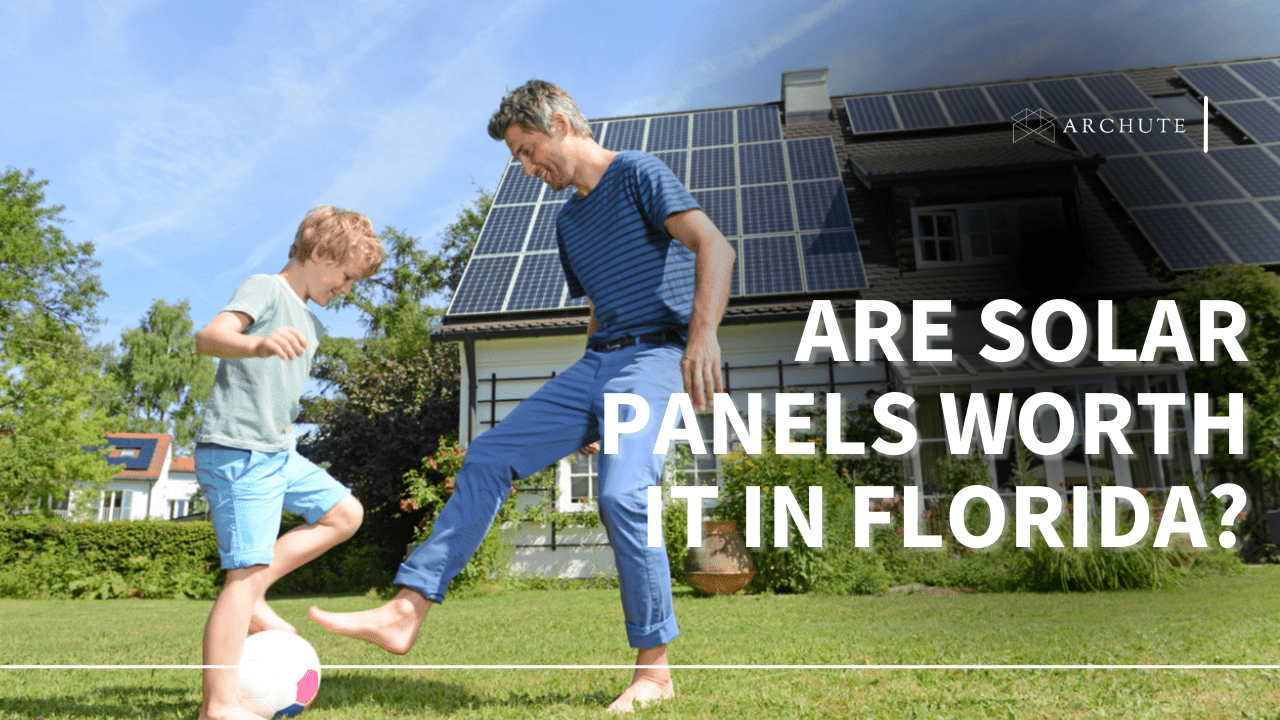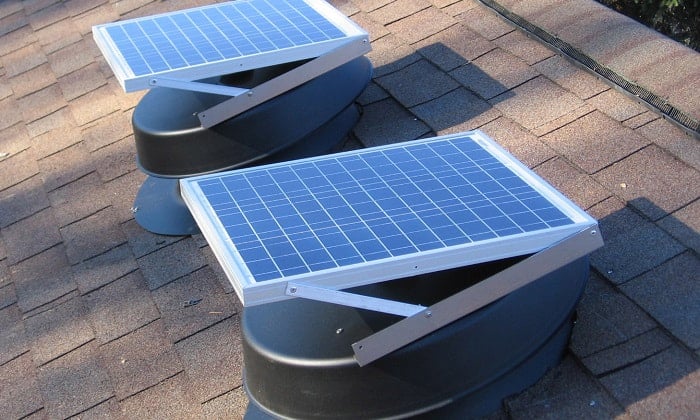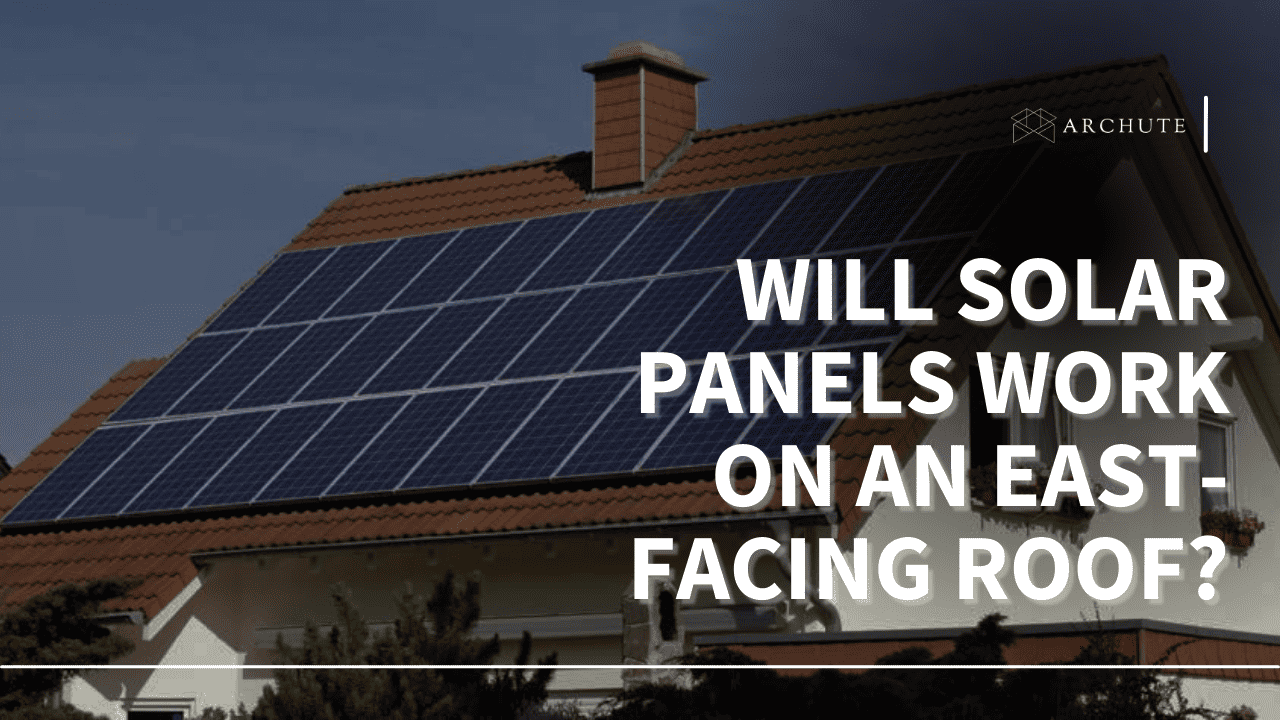Thanks to the sunny days in Florida, you might be one of the people wondering if the location is the perfect place to take advantage of solar power. Why Florida? Because it holds the Guinness World Record for the most days of sunshine in a row, it’s known as the Sunshine State.
Solar energy is an obvious alternative for Florida homeowners due to the state’s higher-than-average number of sunny days per year and reduced solar installation costs. Moreover, with more than 370 solar enterprises available, it is one of the best states to transition. Still not convinced? Let’s dive into the details.
How Much Power Can Solar Panels Create in Florida?
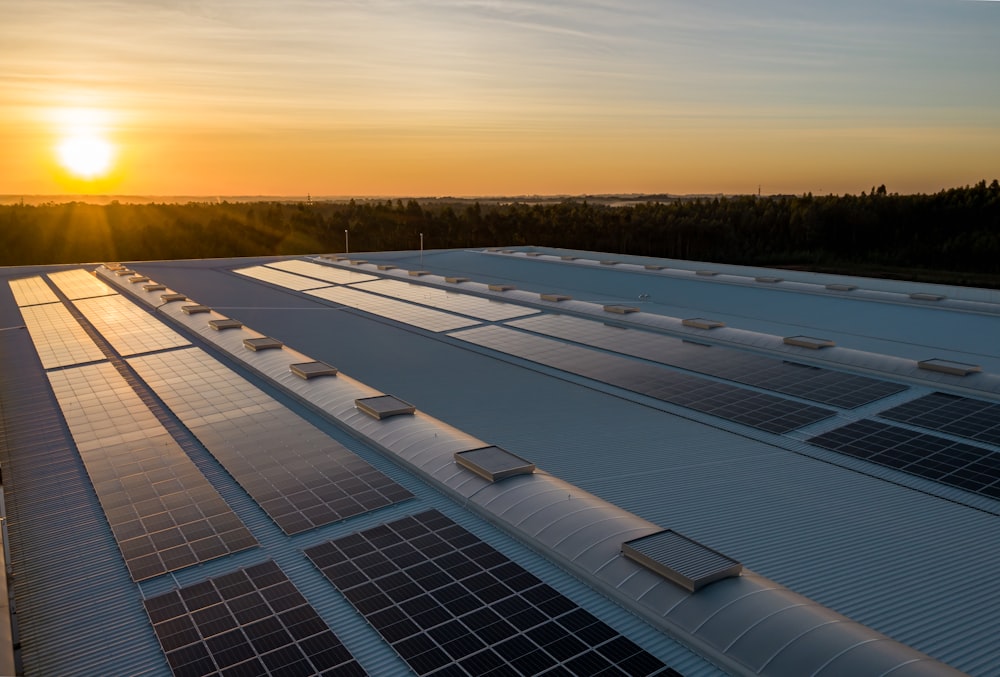
The amount of power a solar energy system will produce depends on the month, the system’s location, and its kilowatts. For example, a day in Florida typically has 5.2 hours of the best sunlight. Therefore, a bright day with clear skies will give the ideal sunshine. But don’t worry; the system will still collect solar energy even in cloudy conditions, although it will be less than when there is optimum sunlight.
Florida homes typically produce the most energy in April with a 5kW solar energy system. under perfect conditions. Conversely, December has the lowest daily energy capture at 4.49 kilowatts.
You can produce more power if you install more solar panels. However, you should be aware that each panel is only 85% to 92% efficient when calculating the amount of energy you can produce; this also holds for newer panels.
Is Solar Energy Worth It in Florida?
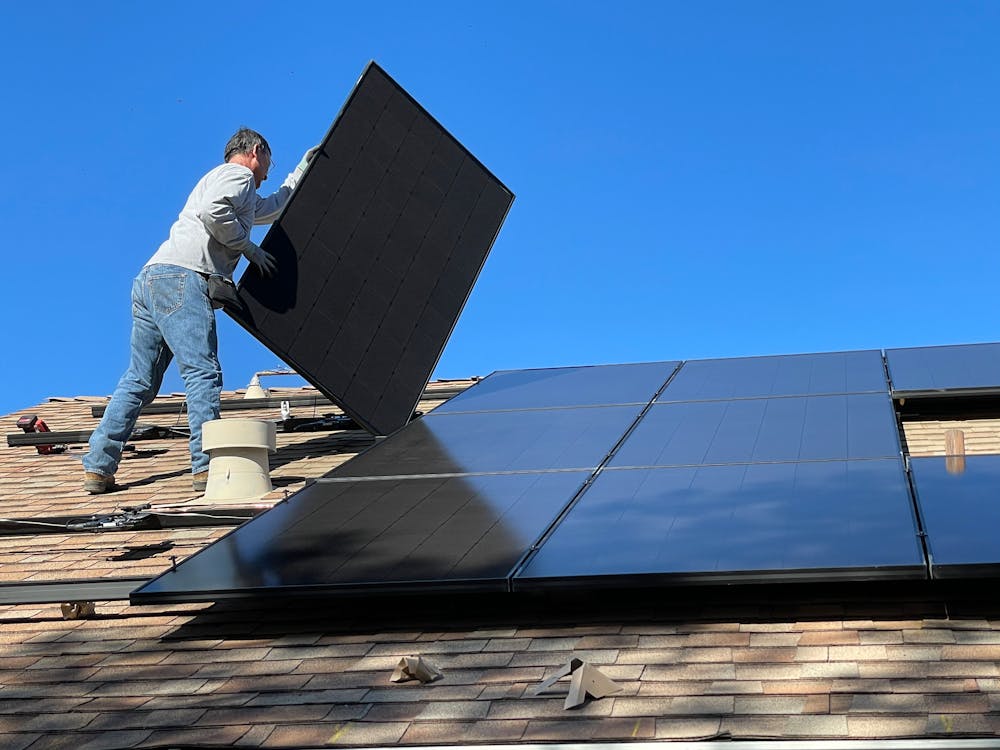
There is no doubt that solar energy systems are a worthy investment in Florida because of the ideal conditions. These include plenty of sunshine, low solar panel installations, and various solar incentives.
In addition, the upfront costs of installing solar panels are reduced thanks to rising property costs, federal solar tax credit, and decreasing electricity costs. Also, since energy prices are decreasing, solar panels are a sensible way to save money while reducing the carbon footprint.
Reasons Why Solar Panels Are Worth It in Florida?
Investing in solar energy for your home will offer you several benefits. They include:
1. Federal Investment Tax Credit (ITC)
A federal tax credit is a government incentive that enables you to deduct a percentage of the cost of a residential solar installation from your taxes the following year. For example, you will only be required to pay $4000 if your tax burden is $6000, and you receive a $2000 federal solar tax rebate because the arrangement is direct dollar-for-dollar.
For the solar systems that were installed in 2022, the solar tax credits are 22%. Unless Congress extends the tax credits, they should expire in 2024.
2. Property Tax Exemptions
When you renovate your property, you can typically anticipate a tax increase. However, this is not the case when you install a solar energy system.
There are no additional taxes related to constructing a renewable energy property in Florida because of the state’s Property Tax Exclusion for Residential Renewable Energy Properties.
Florida offers an 80% property tax exemption for non-residential solar systems and a 100% tax exemption for the increased property value of residential solar installations. The deadline for this incentive is December 31, 2037.
3. Sales Tax Exemption
The Solar and CHP Sales Tax Exemption means you won’t have to pay sales tax on your new associated solar equipment or CHP system. CHP systems are technologies that produce electricity and thermal energy at high efficiency and use different technologies and fuels.
It’s now easier than ever for Florida residents to get all their clean energy from renewable sources like a solar PV system because of the eliminated 6% sales tax for new solar equipment.
4. Increase Home Value
According to solar research by Zillow, adding solar panels to a home could potentially increase its value by up to 4.1% more than similarly situated homes without solar panels or $9,274 for the median-valued home in the United States.
5. Solar Panels Reduce Your Electricity Bills
Did you know that one of the states in the country with the highest monthly electricity consumption is Florida? The state of Florida consumes around 19.71% more energy each month than the national average of 903 kWh.
This translates to a standard household electricity cost of $123 per month. With a monthly electric payment 14.95% higher than the national average, Florida is ranked 9th in the country for the highest electric bills. This means greater monthly savings as you switch to sustainable solar energy.
Solar panels produce energy that can greatly lower your monthly electricity costs, if not eliminate them. Your chances of energy cost savings when you install solar panels are higher the larger your utility bills.
6. Net Metering
Net metering is where you can sell back the excess power you generate to a utility company of your choice. For example, suppose your home is net-metered. In that case, the electricity meter will work backward to provide a credit against the electricity used at night or when the home’s energy consumption exceeds the system’s output.
Only “net” energy used is used to calculate customer charges. As a result, only 20–40% of the power generated by solar energy systems enters the power grid; the remaining energy is used to supply local customers’ load needs.
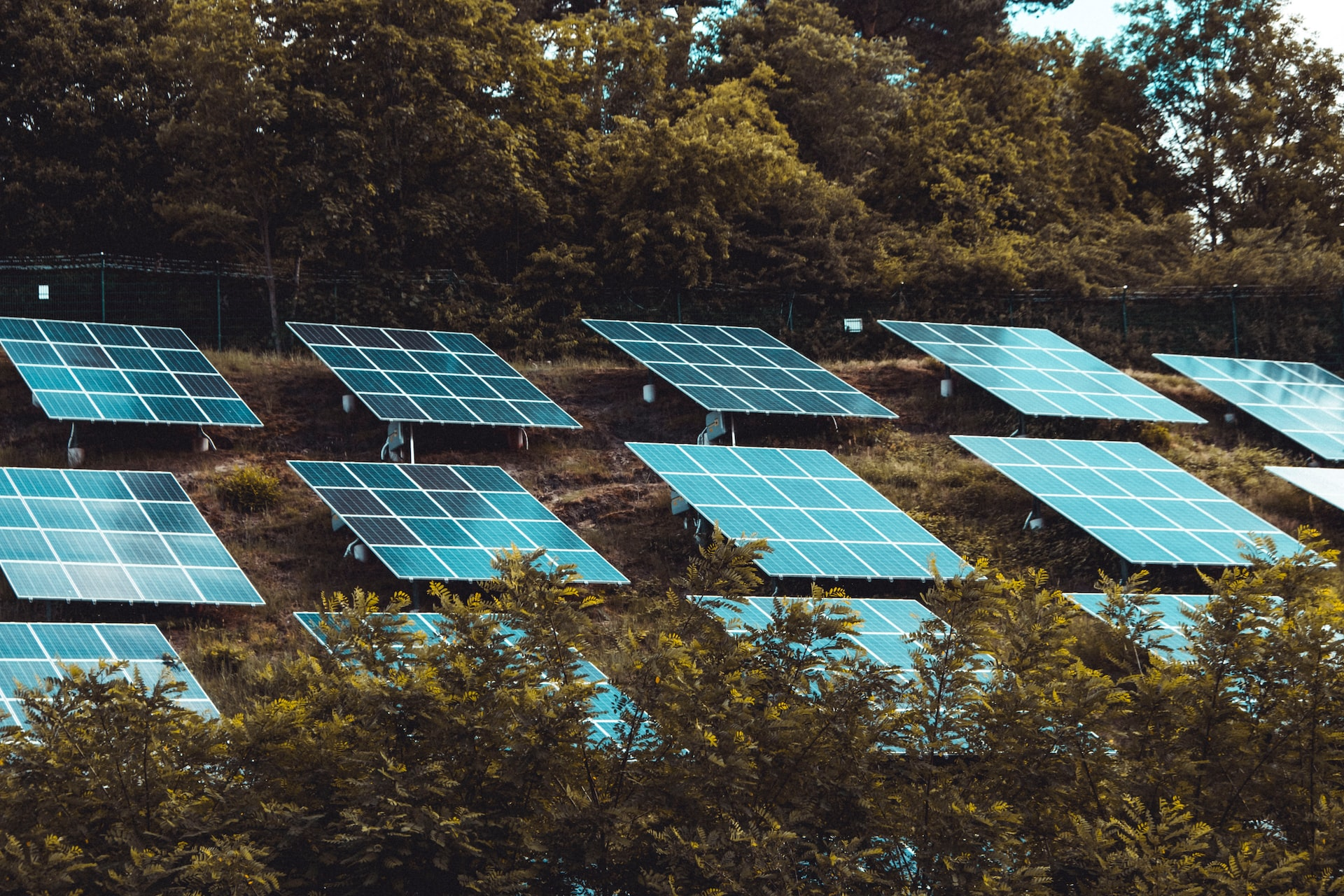
Image Credit: Moritz Kindler unsplash.com
7. Energy Independence
Are you trying to get away from your energy company? Installing solar batteries in your home or opting for a solar panel can give you that freedom. In addition, you can store all the extra solar energy your system generates by including a solar battery.
Owning solar energy allows you complete independence and control over your house’s power and protects your home from potential spikes in electricity prices.
Babcock Ranch, a small hamlet in Florida located north of Fort Myers, claims to be entirely independent in terms of energy. It is the world’s first solar-powered town and an excellent example of how society may use solar electricity in the future.
8. Massive Growth Potential
Florida is one of the states with the quickest rate of solar energy growth. It is also ranked third in the nation for solar energy, according to the Solar Energy Industry Association (SEIA).
Also, remember that renewable energy will eventually become the norm as the United States starts implementing more clean energy policies to safeguard the environment.
Utility firms are embracing renewable energy sources more and more. So instead of paying the utility company for electricity in the future, wouldn’t you rather be in charge of the solar energy that powers your home today?
How Much Will It Cost to Go Solar in Florida?
Solar technology is like everything, so the quality and price will vary depending on your location, installer, and product manufacturer. However, we will deal with averages in this article which should explain why the figures might vary from the ones you might have seen in other sources.
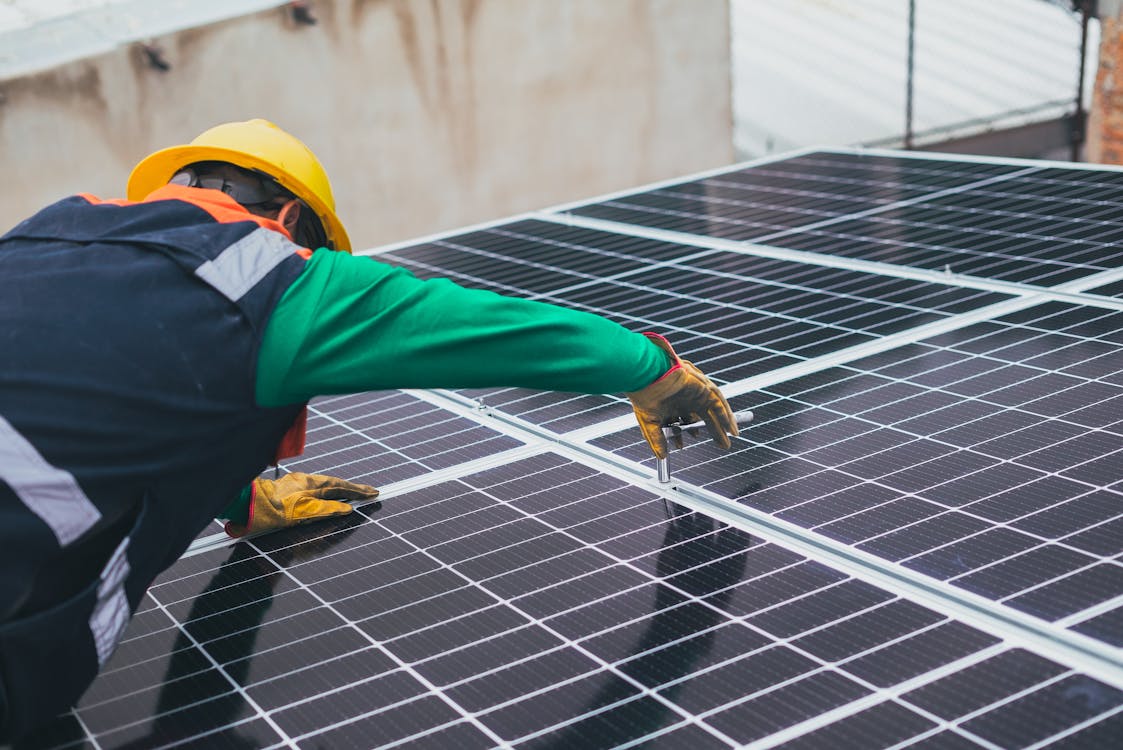
In Florida, a solar installation typically costs roughly $2.62 per watt. Accordingly, a 10kW system would cost about $26,000. Usually, this price would cover the solar panels, wiring, mounting tools, and installation labor. However, it’s possible to install solar panels yourself to eliminate the solar panels installation cost.
Also, Florida’s solar panel prices are less expensive than the $3.00 per watt national average for home solar energy systems.
What Are the Factors Affecting the Cost of Solar Panels in Florida?
Solar panel costs in Florida are influenced by several factors, which range from local legislation to your particular energy needs. Some of the most significant factors include the following:
1. Net Metering
Your solar power system’s excess electricity can be fed into the grid thanks to net metering. Your utility company deducts the retail price of this energy from your next electric bill.
Some Florida companies that offer net metering programs include Tampa Electric Company, Florida Power & Light, Gulf Power, and Duke Energy.
2. Solar Panel Type
Due to their high levels of solar panel efficiency, monocrystalline solar panels are the most common choice. They do cost more than other kinds of solar panels, though.
Polycrystalline panels are less expensive but less efficient. The cheapest solar panels are thin-film panels, ideal for modest projects like solarizing a shed or RV.
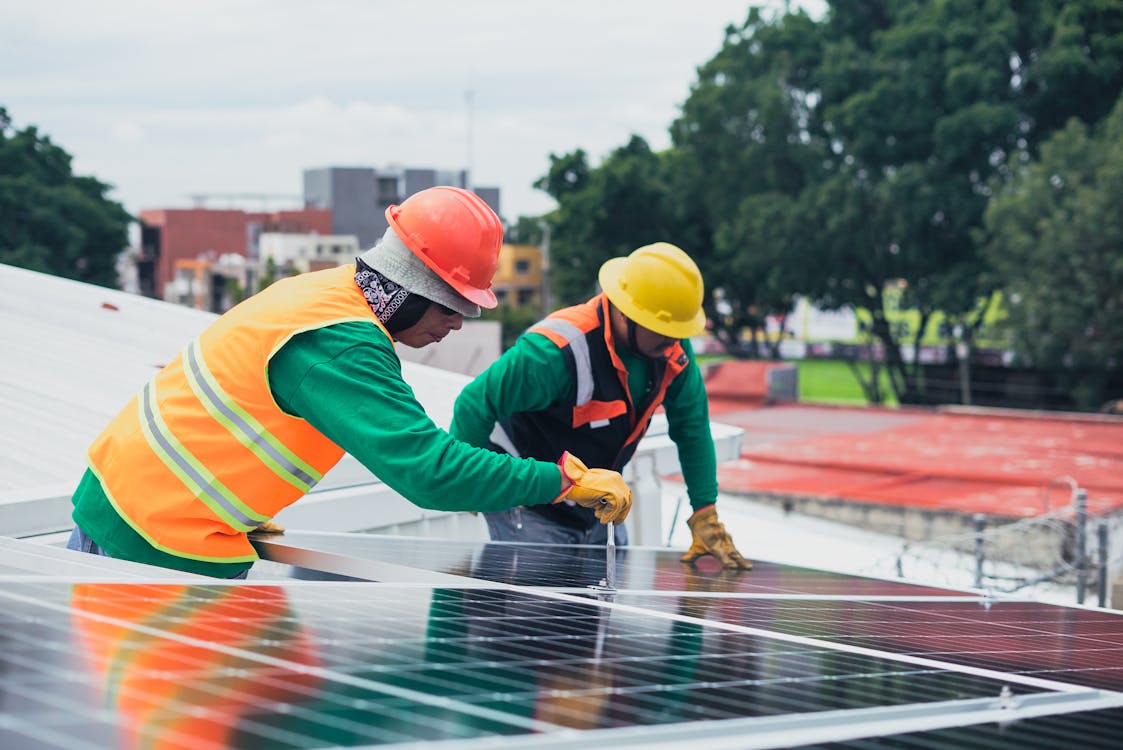
3. Payment Method
Most solar providers provide at least two payment methods: upfront purchase of your solar panel system, solar loan, or leasing. However, Power Purchase Agreements, also known as PPAs, are not allowed in Florida.
The most cost-effective choice is to pay for the solar system upfront because you may take advantage of Florida tax rebates and avoid interest charges. In contrast, a solar lease has lower up-front costs, but you are not eligible for cost-saving incentives because you don’t own the system.
4. System Size
How many solar panels your household needs depends on its monthly energy consumption. For example, the typical Floridian installs a 5 kW system.
That equals 20 panels costing around $11,000, assuming you use typical 250-watt panels. Still, larger systems require more panels and more expensive installation.
How Long Do Solar Panels Take Before they Pay for Themselves in Florida?

The average homeowner can anticipate that solar panels will pay for themselves in 7–10 years. Some property owners, nevertheless, might reach break-even in as little as five years! Several variables influence your average solar payback period, including:
a). Your Power Usage
Solar energy savings depend on how much electricity you use because solar panels can only produce so much. Therefore, you are more likely to need to rely on your local electric company the more power you consume. As a result, your investment in solar panels will earn you less money.
b). Number of Panels
Your property will produce more power the more solar panels you have attached to it. Conversely, you will experience less solar power the fewer panels you have.
c). Sunlight Exposure
The output of power from solar panels is also impacted by sunlight. As a result, your solar panels will create more solar energy the more sun they receive. But unfortunately, the amount of solar energy they can generate is then decreased by overhanging tree branches and other obstacles.
To determine how much energy your solar panel system will produce, you can ask a solar panel installation contractor who can help you figure out the cost savings you might enjoy over the years.
Are Solar Panels Worth It in Florida? Final Thoughts
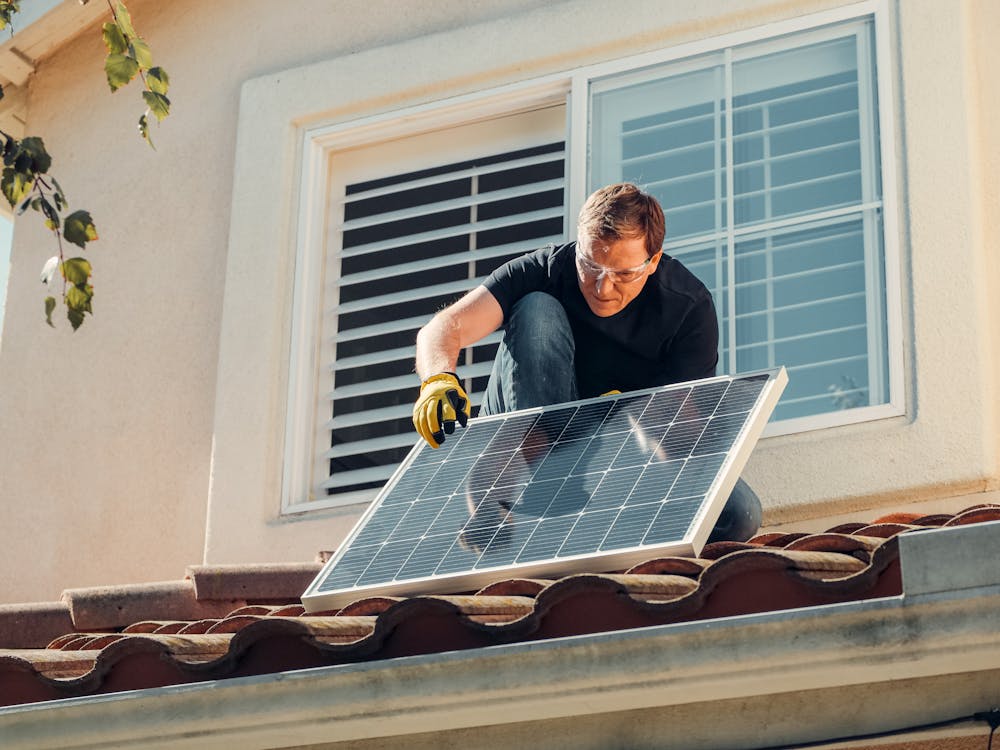
Residential energy use can be environmentally beneficial and economical with the help of solar panels. Additionally, they prolong your roof’s lifespan and raise your house’s market value. Investing in a solar power system can pay off for decades, even though the initial cost varies based on the system’s size and where you reside.
Featured Image Credit: foxbusiness.com

